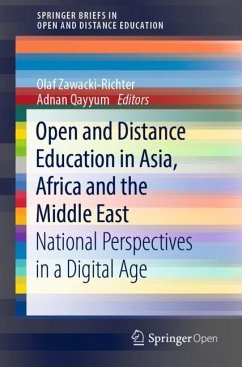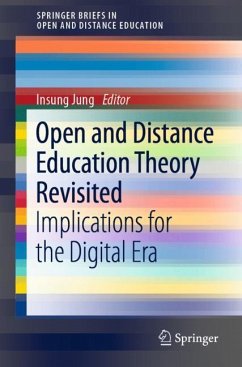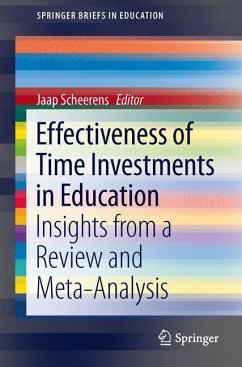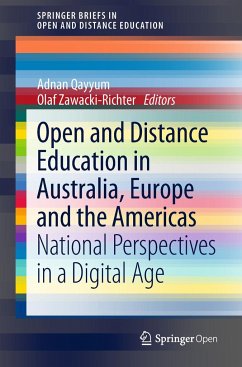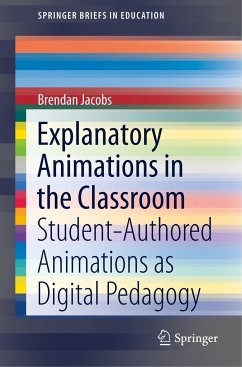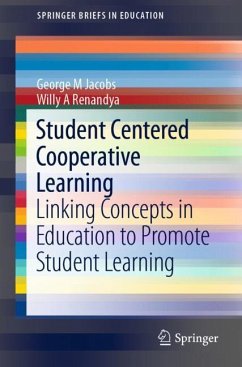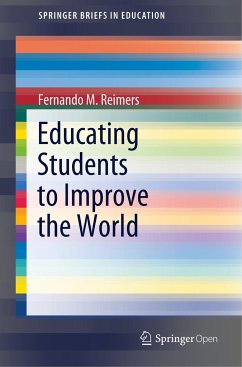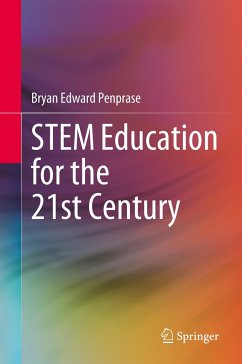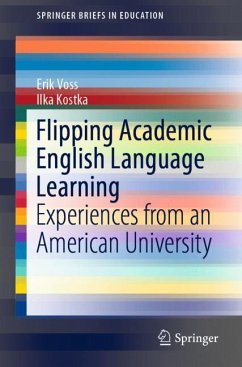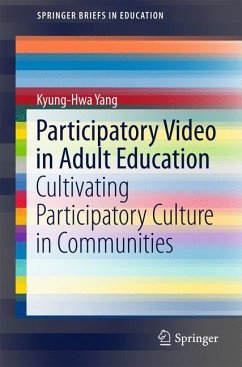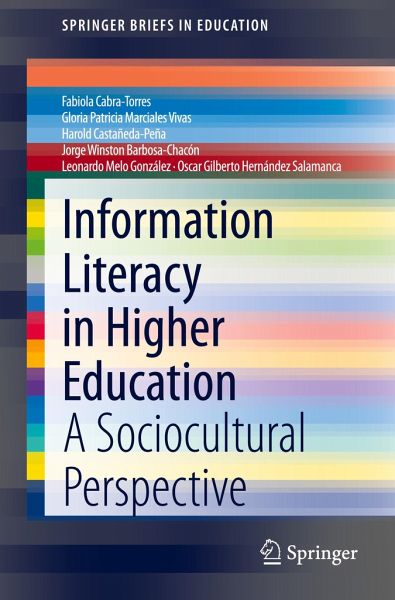
Information Literacy in Higher Education
A Sociocultural Perspective

PAYBACK Punkte
19 °P sammeln!
This book presents an innovative theoretical and methodological approach to study information literacy in higher education contexts. While mainstream studies tend to see information literacy as a technical and universal process, this book proposes a theoretical and methodological framework to study information literacy from a sociocultural perspective, highlighting the importance of the social and cultural contexts in which information literacy develops.This situated approach demands that research data must be analysed in relation to the contexts in which they emerge, so the book proposes a re...
This book presents an innovative theoretical and methodological approach to study information literacy in higher education contexts. While mainstream studies tend to see information literacy as a technical and universal process, this book proposes a theoretical and methodological framework to study information literacy from a sociocultural perspective, highlighting the importance of the social and cultural contexts in which information literacy develops.
This situated approach demands that research data must be analysed in relation to the contexts in which they emerge, so the book proposes a research method based on the study of personal histories and stories, learning situations and intersubjective relationships to characterize the different information profiles of different information users.
Adopting a multidisciplinary approach that combines contributions from educational research, psychology and information sciences, the authors first present a theoreticaldiscussion to argue in favor of the sociocultural paradigm to study information literacy, then present their methodological proposal to observe informational competencies among higher education students, and finally present the results of an empirical study to identify different information literacy profiles among Latin American students and teachers.
Breaking with the hegemonic paradigm in the field, Information Literacy in Higher Education - A Sociocultural Perspective provides useful and innovative tools to researchers working in different areas of the social sciences, such as education, psychology, linguistics and information sciences.
This situated approach demands that research data must be analysed in relation to the contexts in which they emerge, so the book proposes a research method based on the study of personal histories and stories, learning situations and intersubjective relationships to characterize the different information profiles of different information users.
Adopting a multidisciplinary approach that combines contributions from educational research, psychology and information sciences, the authors first present a theoreticaldiscussion to argue in favor of the sociocultural paradigm to study information literacy, then present their methodological proposal to observe informational competencies among higher education students, and finally present the results of an empirical study to identify different information literacy profiles among Latin American students and teachers.
Breaking with the hegemonic paradigm in the field, Information Literacy in Higher Education - A Sociocultural Perspective provides useful and innovative tools to researchers working in different areas of the social sciences, such as education, psychology, linguistics and information sciences.





